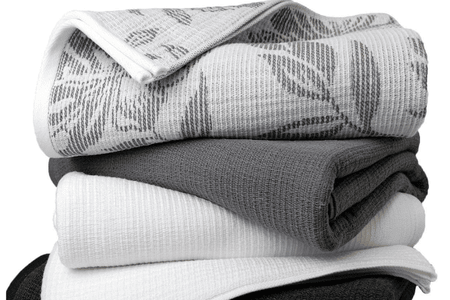
Toray and GC aim for eco-friendly nylon production
YarnsandFibers News Bureau 2024-11-19 15:46:08 – JapanJapan's Toray Industries and Thailand’s leading petrochemical company, PTT Global Chemical (GC), are working together to develop a technology that can mass-produce adipic acid from non-edible biomass.
The two companies are currently assessing the feasibility of producing and commercializing this technology in both Thailand and Japan. If the project proves successful, they plan to produce several thousand metric tons of bio-based muconic acid and bio-based adipic acid annually by 2030.
In 2023, Toray and GC started a joint effort to create technology that converts non-edible biomass sugars, made by Thai company Cellulosic Biomass Technology (in which Toray holds an 84% share), into raw materials for nylon 6.6.
GC is utilizing its specialized fermentation process to rapidly transform non-edible sugars into muconic acid with high efficiency. Toray then uses a hydrogenation method to turn muconic acid into pure bio-adipic acid. This eco-friendly adipic acid can replace petroleum-based versions in creating nylon 6.6 for resins and fibers. Notably, this process avoids the emission of nitrous oxide, a greenhouse gas typically produced in conventional chemical methods.
If everything progresses as expected, Toray and GC aim to establish a production chain capable of generating tens of thousands of metric tons of bio-based adipic acid from agricultural waste in Thailand, a country abundant in natural resources. This green adipic acid will be used to manufacture sustainable nylon 6.6.
Market Intelligence
Ask for free sample Report

experience
Customer Base
dedicated team
Countries Served Worldwide









